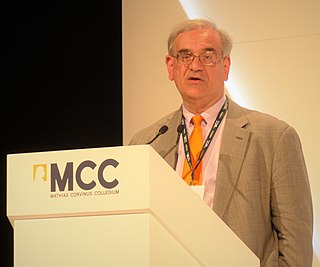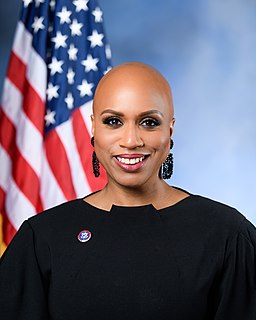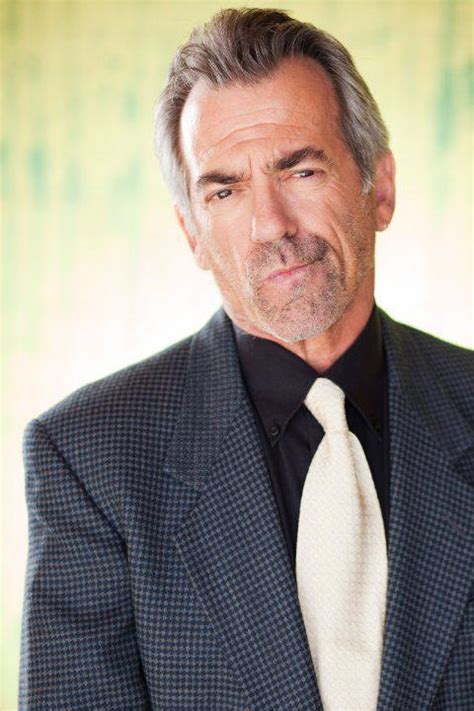A Quote by Mark Krikorian
But the question is - are we deporting a couple hundred people for show or are we actually making a serious effort to remove everybody who's got a final order of removal? When I say enforcement theater, what I mean is a kind of pretend enforcement.
Related Quotes
If elected, I will work with federal leaders to rehouse the non-immigration enforcement functions of ICE - including human trafficking and money laundering investigations - elsewhere in the U.S. Department of Homeland Security while immediately eliminating funding for enforcement and removal functions.
The importance of making sure that the sense of accountability when, in fact, law enforcement is involved in a deadly shooting is something that I think communities across the board are going to need to consider, we have a great opportunity, coming out of some great conflict and tragedy, to really transform how we think about community law enforcement relations so that everybody feels safer and our law enforcement officers feel, rather than being embattled, feel fully supported.
In enforcement, you always have to have both a focus on the really worst actors - you know, gang bangers, in this case, drug dealers, that sort of thing - but also routine enforcement because think about, for instance, the IRS. They don't say, OK, well, if you're not a money launderer, it doesn't matter whether you fill your tax return out right or not. They have both. They go after the really bad actors and they have a kind of general, routine enforcement.
To argue that it is unconstitutional for local law enforcement to be a legitimate partner in immigration enforcement is shortsighted. It is evidence of a lack of commitment to securing our borders and a lack of appreciation for the proper role of the states in supporting federal law enforcement priorities.
Enforcement priorities developed by my administration are not affected by this ruling. This means that the people who might have benefited from the expanded deferred action policies, long-term residents raising children who are Americans or legal residents, they will remain low priorities for enforcement, as long as you have not committed a crime, our limited immigration enforcement resources are not focused on you.
You have to have a government to provide you with legal order, with stability, enforcement of property rights, enforcement of contracts, definition of rules and regulations - the rules of the game, so to speak - and to provide certain shared goods and services, public services. Several people have tried to estimate this and they come out with figures like government spending at 15% of GDP. In the modern world it has gone to 40% or above. So we are way beyond the optimal, and that is easier to say than what the optimum is.
I share the skepticism that my friends have about NAFTA. It was woefully weak in protecting workers and on the enforcement side. The question is can we meaningfully build a trade regime that has as its North Star protecting American workers and American jobs through meaningful enforcement? I think we can.
It is a serious undertaking and yes, we do need more fencing and we do need to use technology, and we do need more border control. And we need to have better cooperation by the way with local law enforcement. There are 800,000 cops on the beat, they ought to be trained to be the eyes and ears for law enforcement for the threat against terror as well as for immigration.
Most people have no idea what cops really do. They think cops give you a speeding ticket. They don't see the cops associating with professional criminals and making money in the process. They believe that when a guy puts on a uniform, he or she becomes virtuous. But people who go into law enforcement do so for the trill of wielding power over other people, and in this sense, they relate more to the crooks they associate with than the citizens they're supposed to protect and serve. They're looking to bully someone and they're corrupt. That's law enforcement.






























